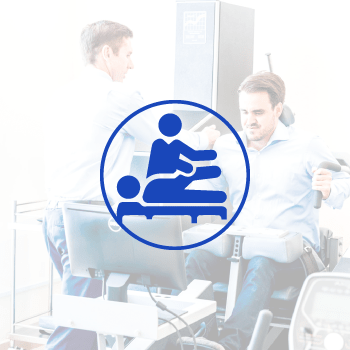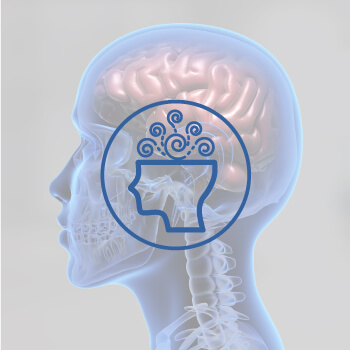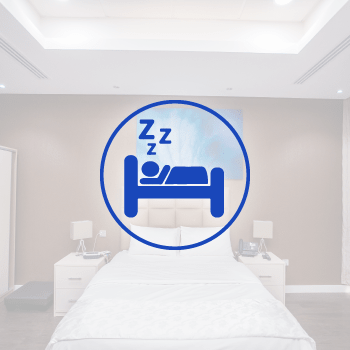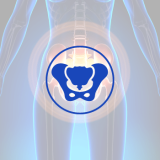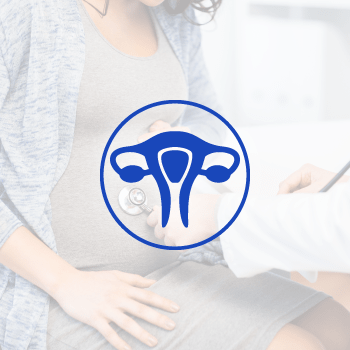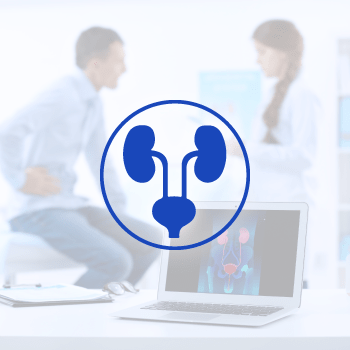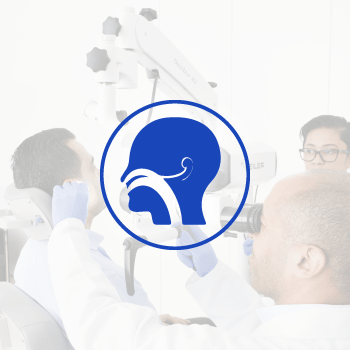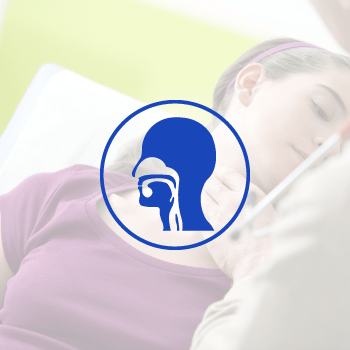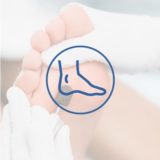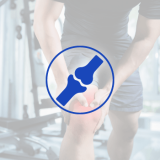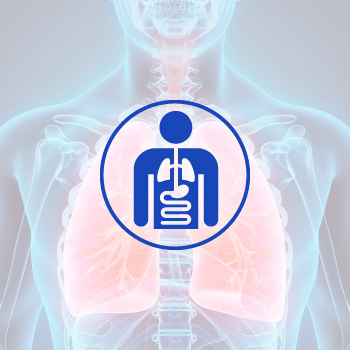BABY MASSAGE
Baby massage is a gentle and soothing technique that involves using your hands to stroke and rub your baby’s skin. It is a form of nurturing touch that promotes bonding, relaxation, and can have several physical and emotional benefits for both the baby and the mother.
During a baby massage, the mother or caregiver may use various techniques such as rubbing, kneading, and stroking the baby’s limbs, back, and abdomen. Baby massage has been shown to have several benefits, including promoting better sleep, reducing stress and anxiety, improving digestion, enhancing cognitive development, and boosting the immune system.
TYPES OF BABIES
- Babies with special needs
- Newborn babies
- Premature babies
- Colicky babies
- Prone to sleeplessness
- Toddler
- Pre-school kid
Parents of babies with special needs and special needs babies can really benefit the most from baby massage, as it can help the baby to reach its developmental goals and play an important role in the bonding process.
The encouragement and continuation of bonding through baby massage can be amazing with babies of special needs as the parent may not have been aware of these needs before the baby was born. Also parents of a special needs baby may be frightened to touch their babies and may not be confident in their ability to parent a special needs baby.
Bonding cannot easily be created or learnt but it can be supported and encouraged through baby massage. Bonding will be encouraged when both parent and baby feel relaxed and able to connect. However this can sometimes be difficult if a mother and baby have been separated due to medical problems as the focus in the relationship can often be on health issues rather than the emotional closeness and developing a bond.
Newborns are particularly receptive to touch, and massage can provide a sense of security and calmness that can be beneficial for both the baby and the mother.
A baby is born with a finite number of brain cells. Each new thing a baby does make a connection in the brain and that these connections build up to enable babies to develop mentally. The newborns world is often a confused one as newborn does not have the ability to make sense of everything in its world because not all the nervous connections to the brain necessary to interpret sound, light and touch have been made.
During the babies first months of life, a baby will learn how to make sense of its world and its ability to see, hear and taste will develop. Babies will respond to the sound of a voice and familiar sounds. Baby will become aware of his/her body as the ability to control his/her limbs develops.
Nearly all babies love being touched. Touch is a way of communicating love and security as well as helping baby’s development. When a baby is massaged it aids the process of myelination of nerve cells in the babies body which helps to mature the nervous system and improve brain and body communication.
Newborn baby massage can be performed from the first few days of life and can continue throughout infancy. Some common techniques used in newborn baby massage include gentle strokes on the baby’s limbs, back, and abdomen, as well as using circular motions on the baby’s tummy to help promote digestion and relieve gas.
Newborn baby massage can have several benefits, including promoting relaxation and sleep, reducing stress and anxiety, improving circulation, and promoting bonding between the baby and mother.
It is important to note that newborn baby massage should be performed gently and carefully, as newborns are fragile and require special care. Mothers should use gentle pressure, avoid areas of the body that may be sensitive or still developing, and be mindful of the baby’s cues to ensure that the massage is comfortable and enjoyable for the baby.
Premature babies may have weaker immune systems and may benefit enormously from massage to help stimulate their growth and development.
Premature babies are often more fragile and may require special care and attention to ensure their growth and development. Massage can be a beneficial therapy for premature babies, as it can help to stimulate their nervous system, promote digestion, and improve circulation. Baby massage is amazing to help the bond between mum and baby.
Premature baby massage may be performed in a neonatal intensive care unit (NICU) or at home, depending on the baby’s health status and individual needs. It is important to work closely with a healthcare provider and follow their recommendations to ensure that massage is safe and appropriate for the baby’s specific needs.
Some potential benefits of premature baby massage include improved weight gain, better sleep patterns, reduced stress and anxiety, and improved motor development.
Baby massage is excellent for dealing with babies who are windy or colicky as it helps to expel the trapped wind from the babies tummy offering relief.
Massage helps relieve the symptoms of colic in infants. Colic is a condition that is characterized by frequent and prolonged episodes of crying, often for no apparent reason, and can be distressing for both the baby and the mother.
Colicky baby massage typically involves gentle and rhythmic strokes on the baby’s tummy to help promote digestion, relieve gas, and reduce discomfort. Mothers or caregivers may use techniques such as circular motions, bending the baby’s knees towards their tummy, and applying gentle pressure on the baby’s tummy to help stimulate bowel movements and reduce gas. Additionally, massage can provide a sense of comfort and calmness that can help soothe the baby and promote relaxation.
Some babies can be prone to sleeplessness. Massage can be a helpful tool for babies who experience sleeping difficulties, such as trouble falling asleep or staying asleep. Massage can promote relaxation, reduce stress and anxiety, and create a calming environment that can help to soothe the baby and promote better sleep.
Mothers may use a variety of massage techniques to help promote better sleep, such as gentle strokes on the baby’s limbs, back, and abdomen, as well as using circular motions on the baby’s tummy to help promote digestion and relieve gas.
It is important to note that massage should be used in conjunction with other strategies to promote better sleep, such as creating a consistent bedtime routine, maintaining a comfortable sleep environment, and following safe sleep practices. Additionally, mothers should be mindful of the baby’s cues and adjust their technique accordingly to ensure that the massage is comfortable and enjoyable for the baby.
Toddlers may not want to be massaged at all as they usually go through an independent stage where they say “No” to everything that the parent suggests. Parents may still be able to do a quick massage on the legs and arms if the toddler will let them. The key is to follow the cues of the toddler as to whether they want to have a massage. Massage can be made fun for the toddler by combining it with songs and actions such as “fingers all” and “little piggies”.
Some children may enjoy massage and offer to give their parents or dollies a massage.
To make the message fun the parent can call the massage routine the “footballers massage” or the “ballerinas massage” to make the child feel that a massage is special. Massage can also be incorporated into games such as guessing the letters / numbers and objects that the parent can make on the child back or limbs. Massage can help with growing pains and other muscle aches and also helps to retain the closeness between parent and child.
FAQs
- What is a bond and how massage help to enhance bonding process?
- What type of oil is the most suitable to use for baby massage?
- What are the benefits of massage for parents and babies?
- What signs may a baby exhibit if it does not want to have a massage?
- What are situations where it may not be appropriate to massage a baby?
A bond is a mutual attraction between two units that is difficult to break. Bonding is like a process that occurs over time that is based on familiarity, trust, respect and love. Bonding will be encouraged when both mum and baby feel relaxed and able to connect.
Simple things can help to create the bond such as touch and recognition. Baby massage provides a perfect environment for a mother and baby to begin or continue the bonding process. During massage mothers and babies often make eye contact and in an asking permission to massage baby, baby hears its mothers voice. Touch helps the body to release oxytocin and prolactin hormones which are responsible for helping us feel good and relaxed.
- Grape seed
- Sunflower oil
- Olive oil
- Vegetable oil
- Parents get to know and understand baby
- Massage helps ease the transition from the womb to the world
- Relief from colic and wind
- Jittery limbs
- Crying
- Hiccups
- Frowning
- Acute infection
- Fever
- Sickness
- Diarrhea

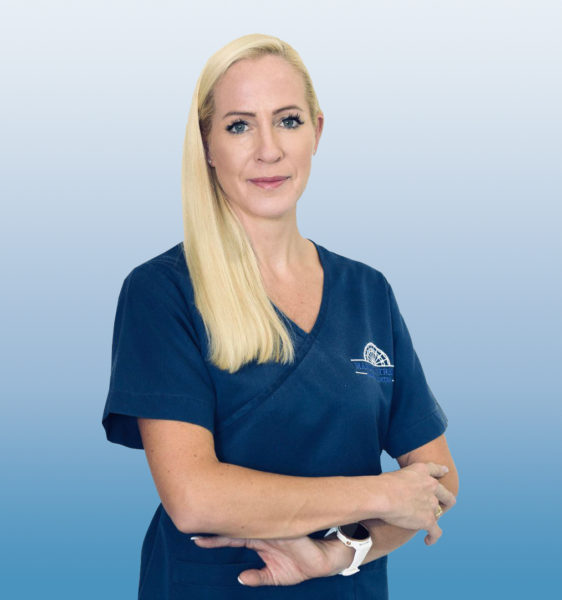
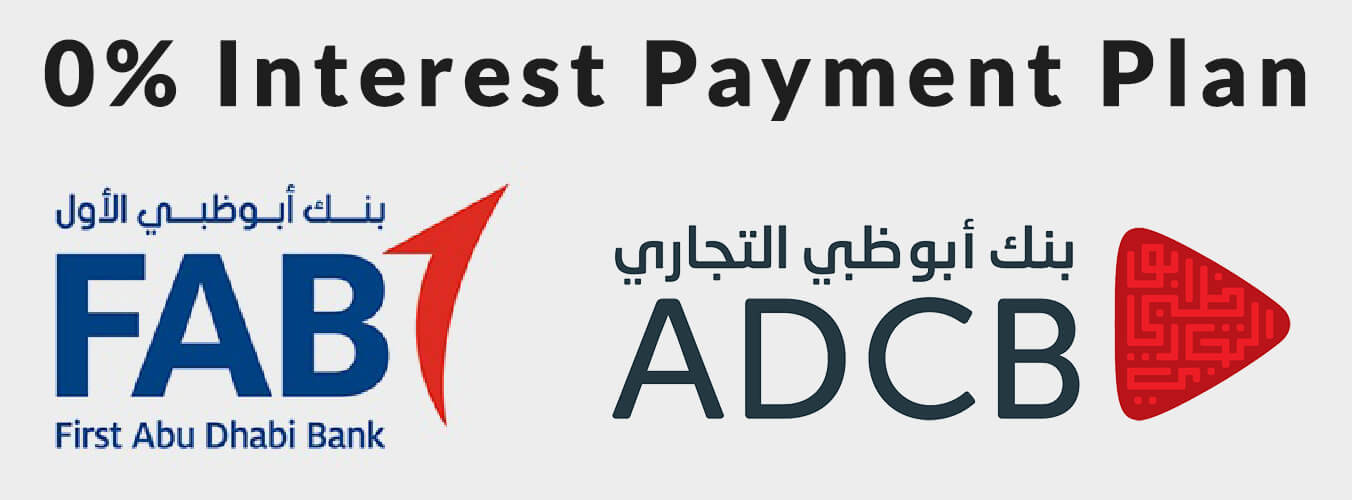
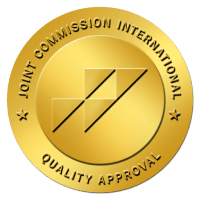
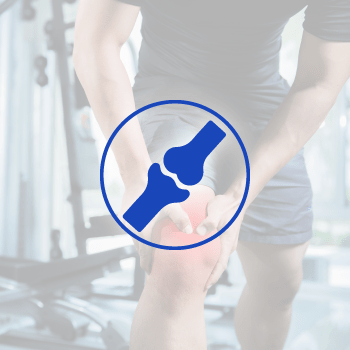 أنقر هنا
أنقر هنا